Ohio hospitals facing shortage of donated breast milk that helps premature, fragile babies
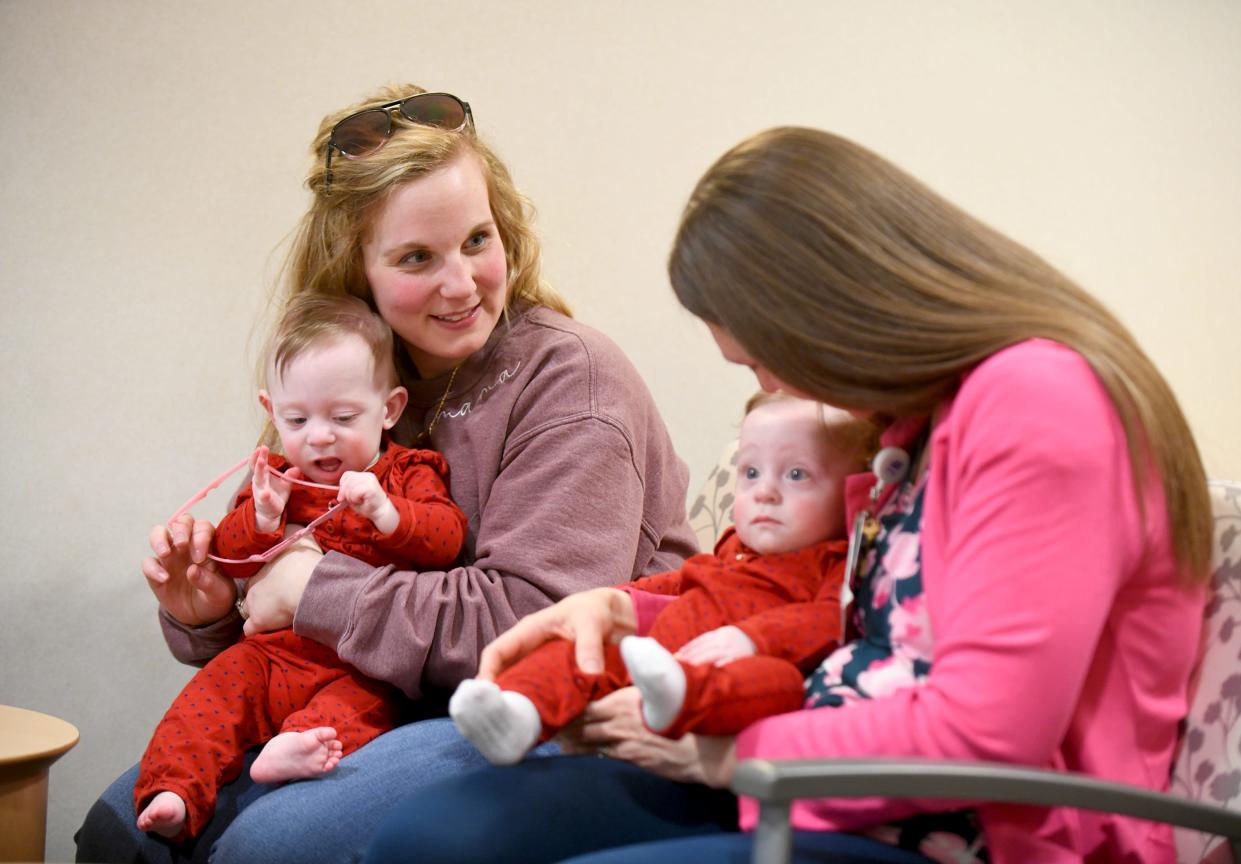
CANTON ‒ Try as they might, modern medicine and big pharma can't match moms' breast milk.
"This is the one thing where there's really no contradiction in any of the studies," said nurse Carey-ann Phillips, a lactation consultant at Akron Children's Hospital, which operates Aultman Hospital's neonatal intensive care unit.
A nursing mother's milk is better for her baby than formula. And even breast milk from a donor is superior to formula, making it the next-best thing in a pinch.
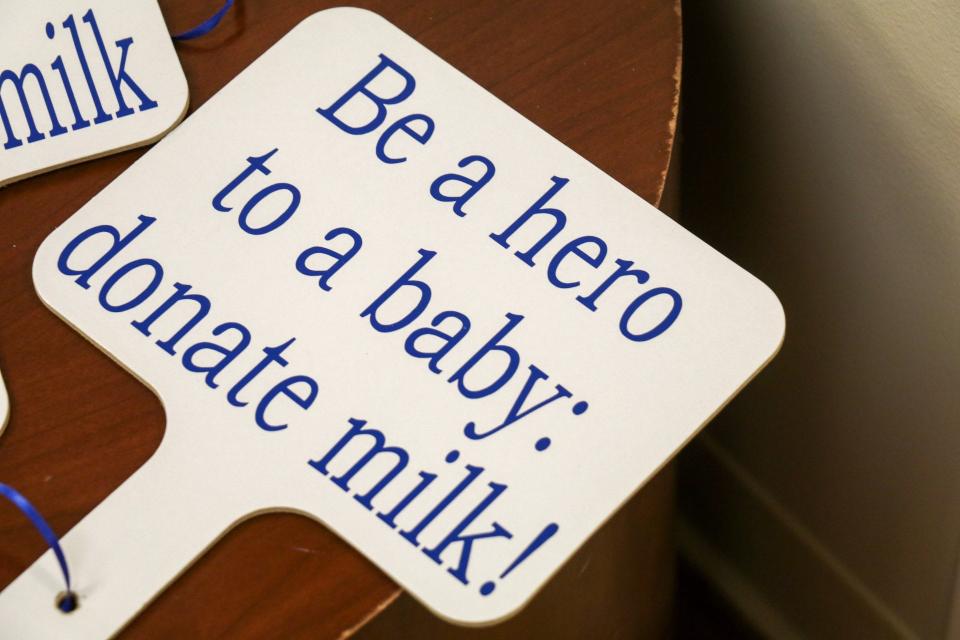
"It's like a medicine for the premature and fragile babies," said Marla Wilson, a nurse and the donor coordinator for the OhioHealth Mothers' Milk Bank in Columbus.
The problem today: There's not enough breast milk to go around.
The Milk Bank ― which provides milk to Aultman Hospital and 50 others in Ohio — is seeking more donors for its program. It's in the midst of what officials call a "critical shortage."
"There's a possibility babies could start getting sick," Wilson said.
The nonprofit Milk Bank has had enough milk to supply hospital neonatal units such as the one at Aultman. To conserve, it has stopped providing milk for other healthier babies such as outpatients whose moms aren't yet producing enough on their own.
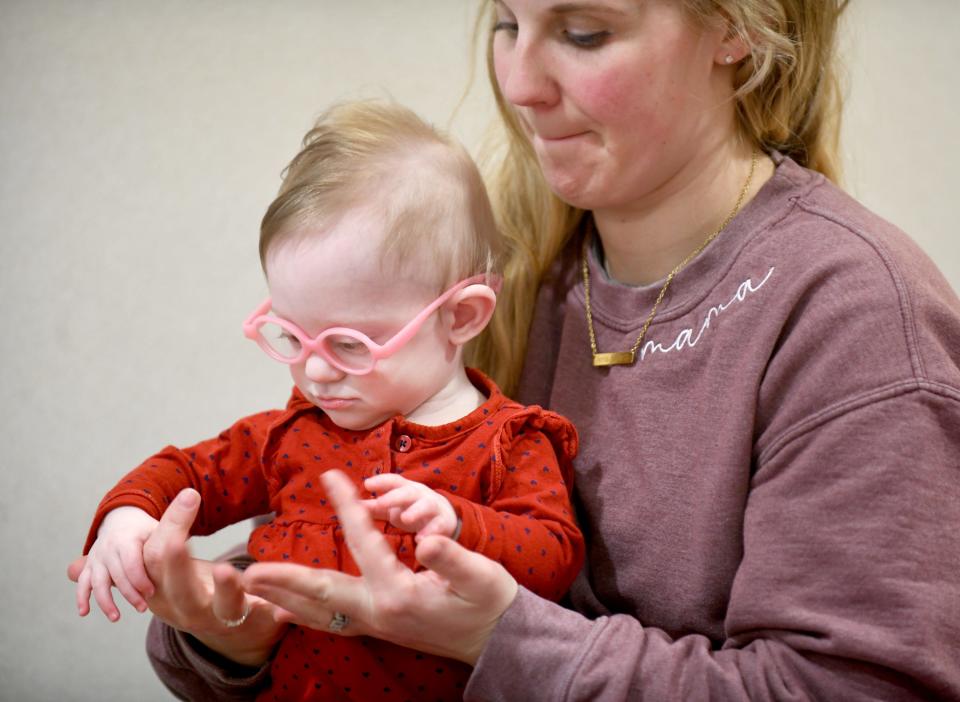
Dr. Arielle Bokisa, a neonatologist in Aultman's NICU, said moms of premature babies often don't make enough milk when it's needed most. After all, mom's body wasn't ready to have a baby. To make matters worse, stress of early delivery can make it even more difficult to increase production.
"We start feeding as soon as (infants) are able," Bokisa said.
Why breast milk is best for baby
Haley Hake of Hanoverton said she's grateful her twins, Anna and Ella, got donated milk during their 117 days in Aultman's neonatal unit. They were born last year after only 24 weeks and two days inside the womb and weighed just a smidgen over 1 pound apiece.
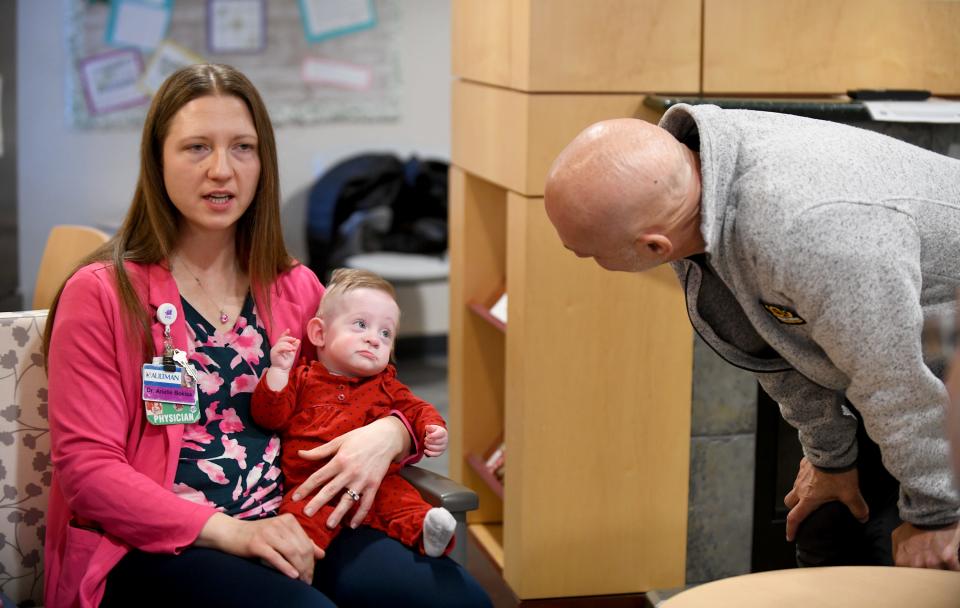
"I tried everything to get my supply up but couldn't," she said.
Everly Kay Bowman should soon be out of neonatal intensive care. Everly is one of the unit's current rock stars because she's quickly come a long way after being born at 23 weeks and two days.
Her mom, Ashley Brady, of Alliance, couldn't pump enough to feed her, so Everly needed donated milk.
"I honestly had never even heard of it before," Brady said.
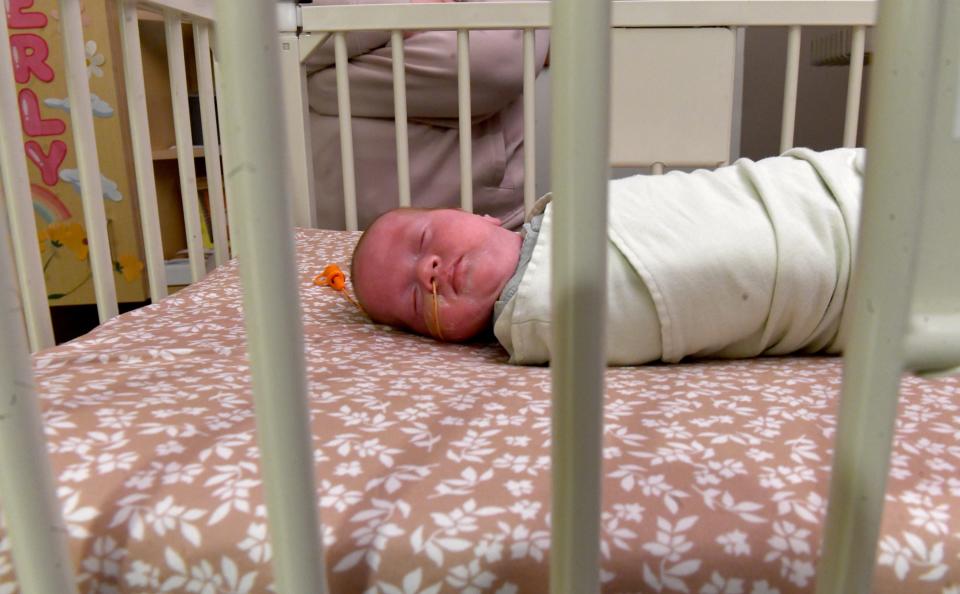
Information on the Johns Hopkins Medicine website outlines why breast milk is best: "Breast milk is the perfect food for your baby. It contains just the right amount of nutrients. It is also gentle on your baby's developing stomach, intestines, and other body systems."
More specifically, breast milk:
Is better absorbed and used by babies and contains nutrients critical to brain growth and nervous system development.
Prevents infections and fights diseases, including necrotizing enterocolitis, a life-threatening infection of the intestines, which often afflicts preemies.
Lowers the risk of Sudden Infant Death Syndrome, milk allergies, leukemia and long-term health problems, such as diabetes and obesity.
How to donate to OhioHealth Mothers' Milk Bank
The 133-year-old OhioHealth is a group of 35,000 associates, physicians and volunteers, along with a network of hospitals, ambulatory sites and assorted health services across 50 counties.
Its Milk Bank, founded in 2005, is one of 32 members of the Human Milk Banking Association of North America. The association provides a host of guidelines to ensure donor milk is screened, pasteurized, tested and frozen before it's distributed and ultimately dispensed to infants by physician prescription.
The Ohio Milk Bank distributed about 1,800 gallons of breast milk to hospitals in Ohio and another 1,800 to eight other states in 2023. Wilson said 1 ounce is enough to feed as many as three premature babies for a day.
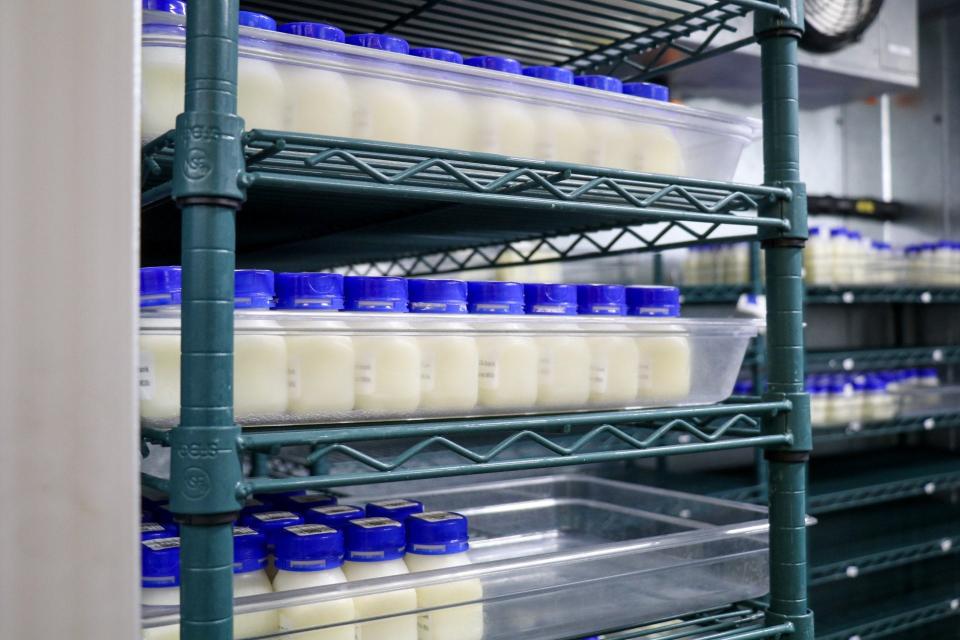
The Milk Bank has 27 drop-off sites around the state, including one at the Women, Infants, and Children program at the Canton Health Department, 420 Market Ave. N. If you don't live near a site, the Milk Bank can send all the materials needed ― free of charge ― to have your milk sent directly to Columbus.
To become a donor, moms must go through a screening process that includes a phone interview, medical and lifestyle review, signing a medical release and taking a blood test.
Wilson said she's often able to enroll donors within weeks. To become a donor, or for more information visit the Milk Bank website, email MilkBank@OhioHealth.com or call 614-566-0630.
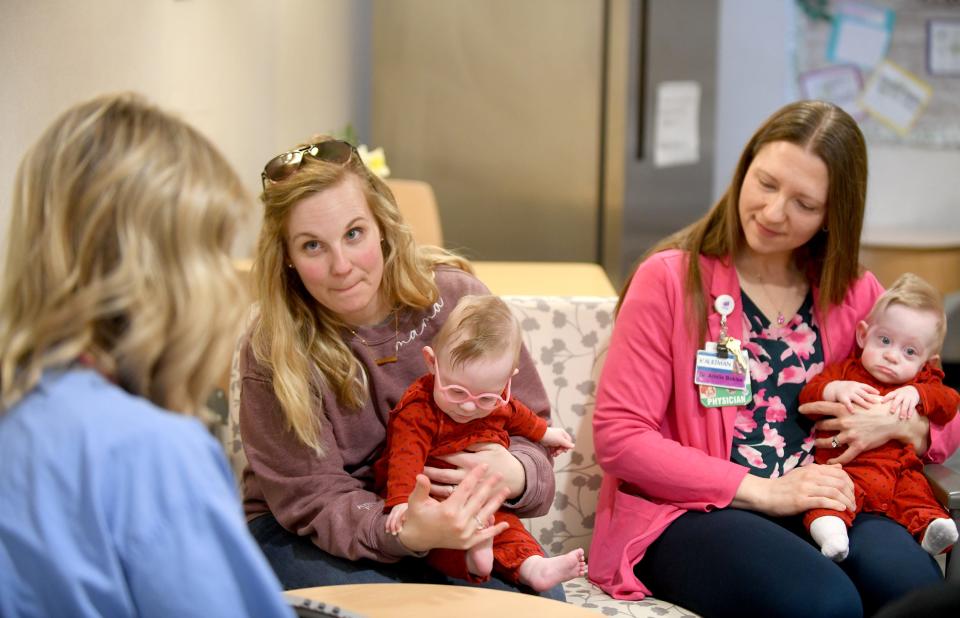
Wilson said some moms make a single donation while others give multiple times. The Milk Bank also supports a legacy program for moms who have lost a baby.
She said grieving moms often find comfort in donating milk to help other babies in their fight for life. For more information about legacy donations, moms can contact the lactation team at Akron Children's Hospital at 330-543-4531 or 330-543-8246.
Reach Tim at 330-580-8333 or tim.botos@cantonrep.com. On X: @tbotosREP
This article originally appeared on The Repository: Milk Bank, Ohio hospitals, need more breast milk for fragile babies

